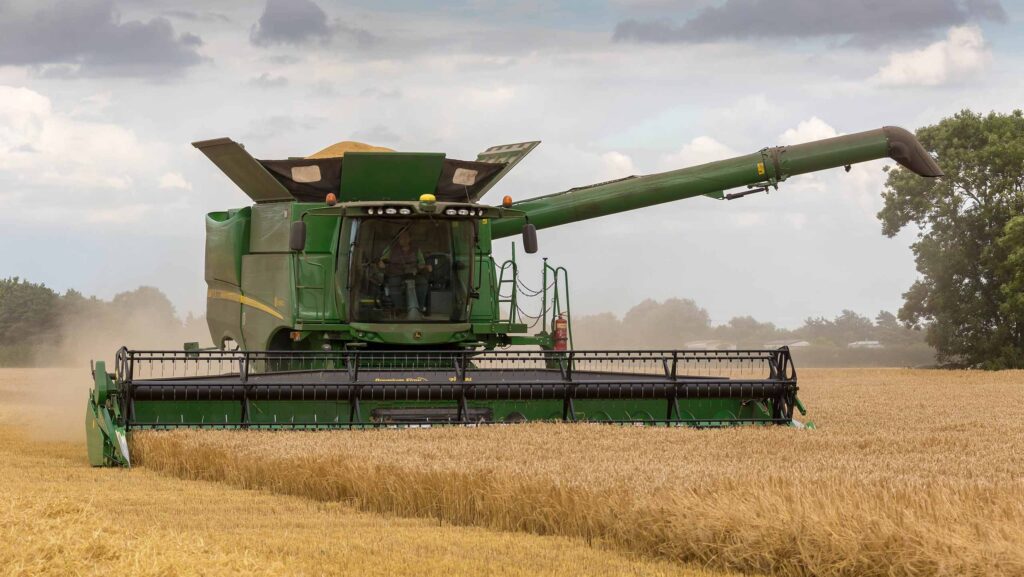Malting barley reduces premium to £19/t over feed barley
 © Tim Scrivener
© Tim Scrivener The premium for growing malting barley has deteriorated during the past year, with the UK market looking well supplied by an abundance of high-quality spring crops.
The winter barley area in England dropped by 17% at 325,000ha for 2023/24 due to tough planting conditions throughout the autumn and winter, but this led to an upsurge of spring drilling and as a result, the total spring barley area increased by 28% at 524,000ha.
Poor sunlight led to lower yields for winter barley but harvest conditions for spring barley have been much improved so far, with good yields and a better-quality crop overall.
See also: Winter seed availability variable with prices in high £400s
Ex-farm malting barley stood at £172/t in September, almost £60/t down on the same period last year. Meanwhile, the premium over feed barley tightened from £70/t last September to just £18.90/t currently.
Rob Austin and Sarah Hynes, grain traders at Simpsons Malt said supplies of spring barley were extremely good, with a higher sown acreage, higher yields and very good harvest quality, leading to supply outstripping demand in the short term.
“The spot premium for malting barley over feed barley is significantly reduced for the same week 12 months ago. This means that, in the short term, power has switched from the seller to the buyer,” they added.
“To add to the UK farmer’s woes, the base price of global agricultural commodities has trended lower since the start of the year.”
Traders have warned that currently, low prices would have an impact on cropping decisions and a smaller harvest area for barley next year, which could lead to tighter supplies longer term.
Helen Plant, senior analyst at AHDB said: “While both winter and spring crops so far are reported to be useable within the UK, this could prove a challenge for exporting.
“Higher nitrogen levels are required for continental malting so the lower levels in the 2024 crop could mean more barley needs to find a home in the UK.
She concluded: “This is likely contributing to ex-farm malting barley premiums over feed barley being notably lower than this time last year.”
Feed barley has reportedly struggled to compete on the global export market with ample supplies available from the Black Sea region, and the crop remains at a £23/t discount to feed wheat.
Low farmgate prices and a challenging growing year could encourage farm businesses to put a higher proportion of land into Sustainable Farming Incentive schemes, which may offer a more stable return.
